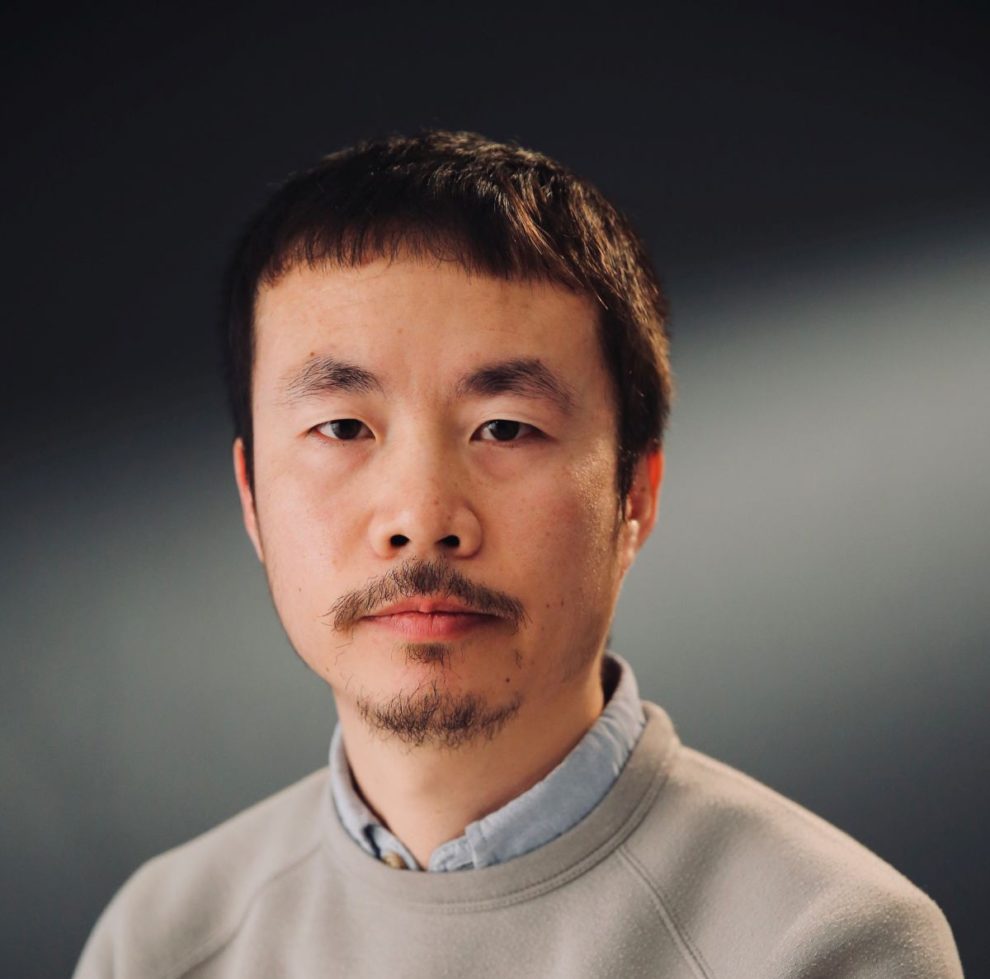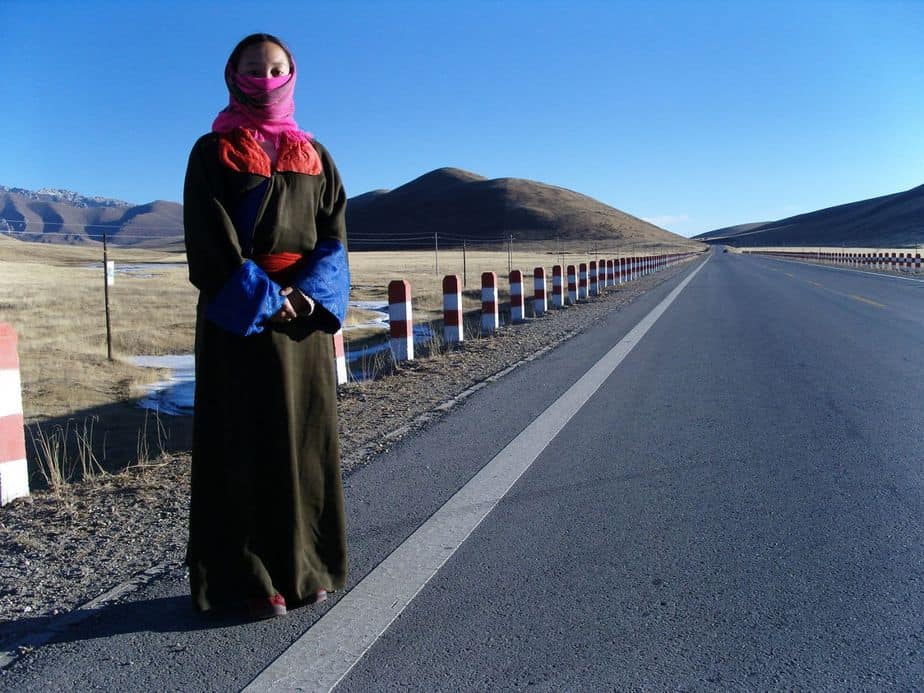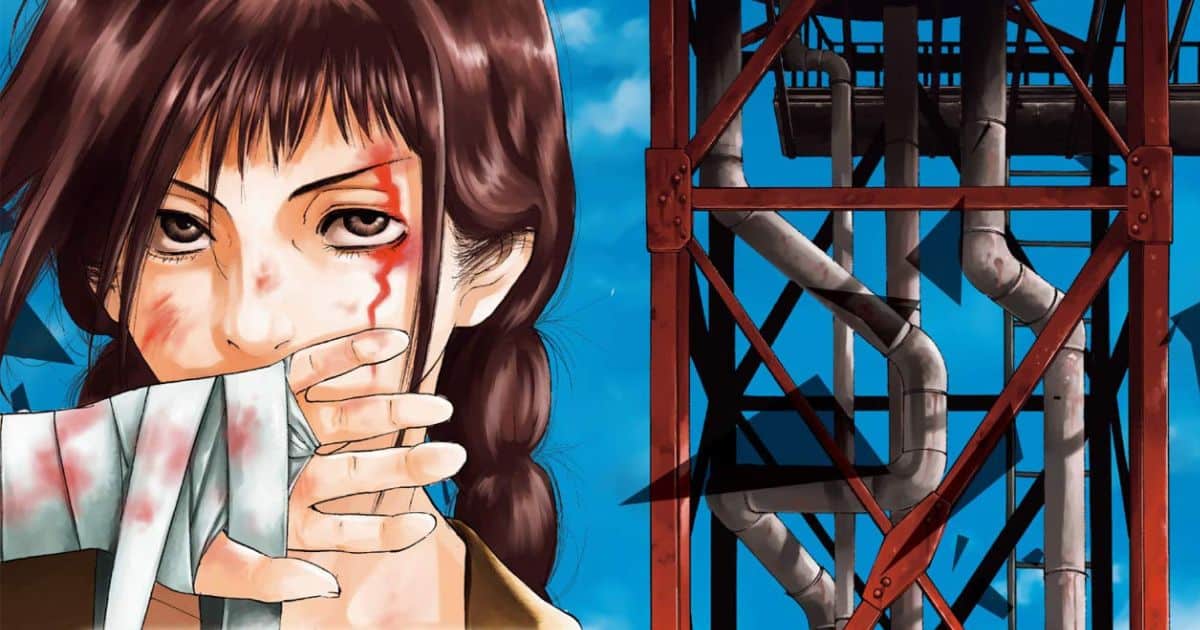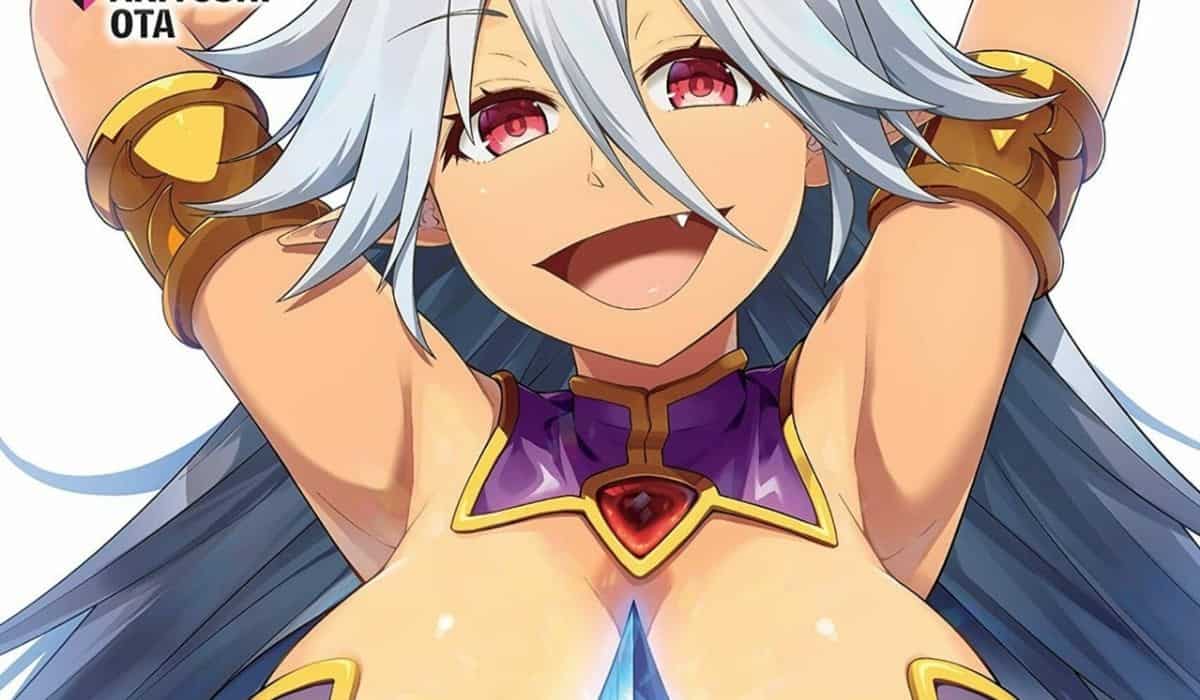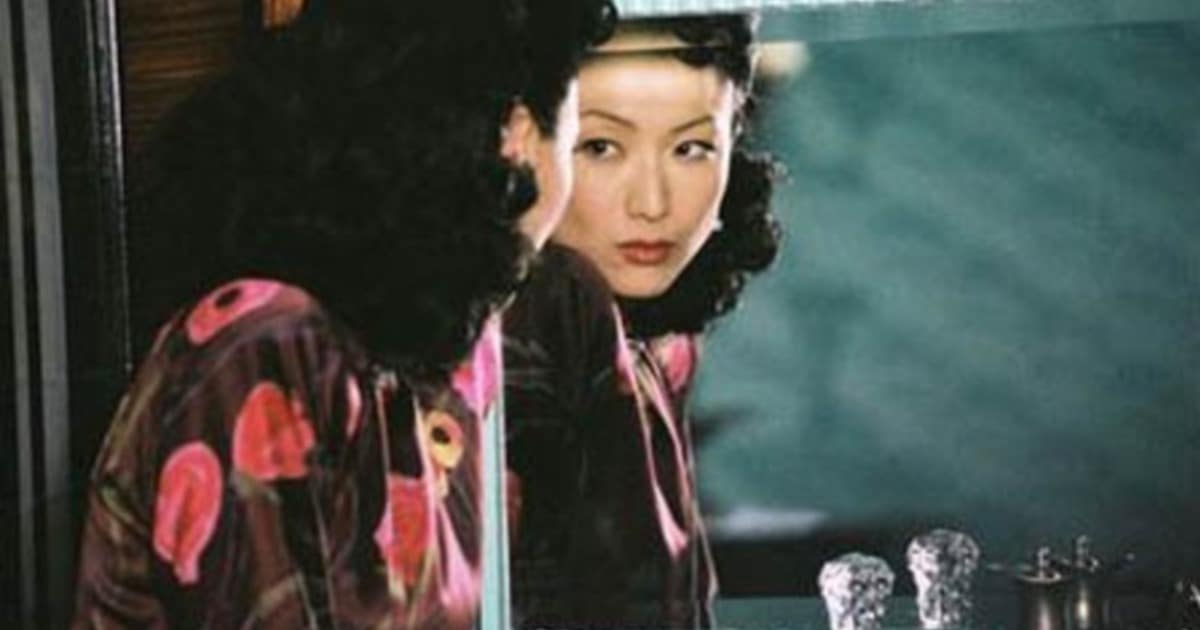Li Ruijun's drama “Return to Dust” was one of the four Asian films that screened in the main competition of the Berlinale, alongside Hong Sang-soo's “The Novelist's Film”, Kamila Andini's period tear-jerker “Nana” and Rithy Panh's animated documentary “Everything Will Be Ok”. The native of Gaotai turns his gaze yet again to his beloved rural region to depict the lives of two people who find love and hope in an arranged marriage through their families, as two outcasts no one wanted to have on their backs anymore. The film shows them starting from anew a couple of times due to ruthless games of the official landowners and developers with the peasants, but instead of bowing their heads low, they manage to find comfort in each other's company and in their deep connection to the land they are working.
This is Li's sixth live action movie, and the fourth A-list festival he is competing at. With “Walking Past the Future” (2017) he was in the Un Certain Regard competiton of Cannes Film Festival, “River Road” (2014) was both in Tokyo and in Berlinale Generation, and “Fly With The Crane” was competing in Venice in 2012.
Li Ruijun wasn't able to come to the Berlinale, but we spoke to him via zoom right at the beginning of the festival.

It is quite interesting to dive into the world of rural China unknown to us which is at the same time your home. I would like to ask you about your connection to Gaotai and people who inhabit this area.
Because I was born on this land and I grew up here, my understanding of life comes directly from this land. It doesn't only nurture lives, it also nurtures my spiritual world. My grandpa and my mother were farmers of this land and since I was a child, I worked on the farm. I was working with the soil. In this way, the land shaped my understanding of the world, it influenced how I understand love and compassion. I also have a different perspective about the food we are eating, about the people we are surrounded by and how to deal with certain problems in life.
You wrote a lovely, touching love story involving two outcasts from the community. Could you elaborate a bit about the sense of alienation you created?
To my understanding, this is more about the evolution of our world and our society, because every country and every society is getting developed and moving forward. In this process, lot of times and especially in the rural areas, there is a trend of urbanisation. This was intensified in our modern times of fast information, and related to it – the urge to move things very fast. It feels like the second evolution of mankind. For villages, this process brings big changes. Lots of people from the rural communities want to move forward, and they want to take their express train to the future. But other people don't get on that train, or they missed it, similarly to the characters in my film. They chose to move forward by riding the bicycle. In this whole process of new revolution, some people stick to the old ways of humankind, inherited from the tradition of old farming culture. The main characters of the film are the mirror of that and they represent the traditional way of life. They stand in strong contrast to the modern lifestyle. In that way, I don't think that the film is about them as a couple, it is about the passing of time and about the end of an era. We are fundamentally becoming a different kind of society.
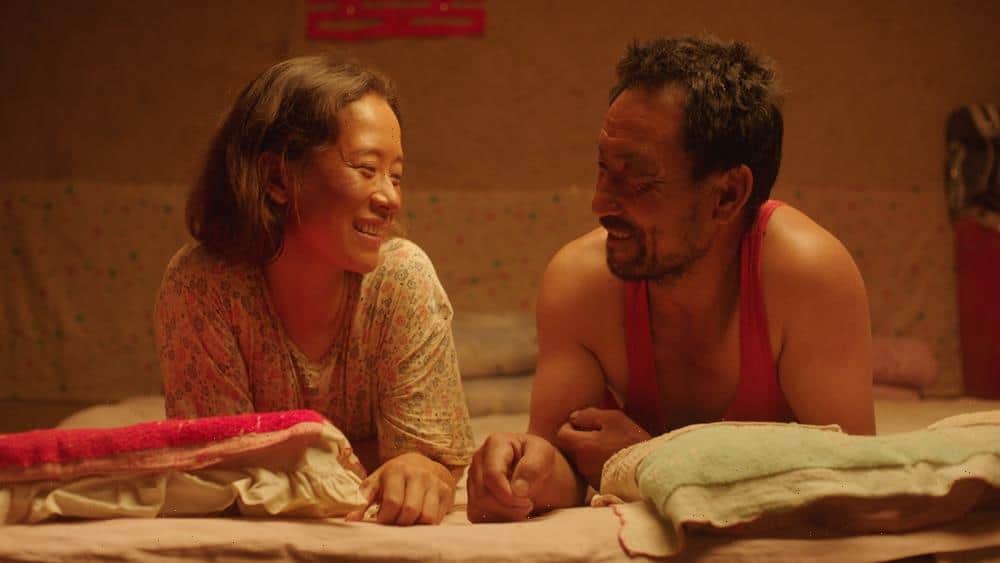
Despite of the very dark aspect of the story, the colours are very soft, embracing.
In “Return to Dust” I chose to use fixed, medium frames and to show a lot of landscapes, and not so many close ups. My characters are abandoned by their family members but they are accepted and embraced by the land they cultivate, and they are also embraced by each other. They do not only build a connection to each other, they connect to the environment and they become one with the soil. I wanted to use the natural light and colours to present their life, especially because the film is about the change of seasons and the passing of time. I believe that all of us are just passers-by. I wanted to put the land in focus to present the story, which is why there is a lot of larger landscapes on the screen. There is a lot of thinking invested behind my camera work because I found it important to present the true life of farmers and give it the feeling of authenticity. In terms of the colours in the film, I find that despite of all the hardships the two characters are faced with, they found deep love which livens everything up. Their passion for life got strong, so I think that the camera both in terms of colours and the visuals accentuates this.
I also wanted to present the story in a more objective manner, also through the framing of the film which looks like photographing daily life. It's less of a cinematic style and more of a true-to-life visual style. That's what I was thinking in the making process.
One of your lead actors is an amateur and an inhabitant of that area who acted in your previous films (Wu Renlin) and the other is one of the most loved Chinese actresses Hai Qing. How was it working with two actors of uneven experiences and professions?
They both deliver stunning and emotional performances, and emotional performance is very challenging. I am not saying that it's not easier for professionals, it is the nature of the roles I am refering to. I've known Hai Qing for a very long time. When I was writing the script, I thought she would be the perfect choice for the role, so I gave her the script to read it. She loved it and she decided to dedicate one year to this film. With her on board, I was thinking of getting a professional actor for the role of Ma as well, but after a lot of scouting, I realized that no one had a full year to invest in my project. In addition, a lot of professional actors have no experience with hard labour, and this role requires it. So, that also wouldn't have worked well. For example, even an average viewer is capable of recognizing if a person cutting vegetables is a professional chef or not. Certain things are very important for the characterisation, so I decided to use an amateur actor and that happens to be someone I worked with before. Wu Renlin actually lives in the village and he is very familiar with hard work. The only thing he needed to learn was to shape the character. The character I chose for him was very different from his previous role. This time he had to play the lead, and I needed to make sure that he will be able to carry that role on his shoulders. And completely opposite to that, I had to make Hai Qing forget the acting techniques she learned at the academy. She had to return to the natural life style beginnings. So, this became a really interesting mash.

Let's not forget the donkey, please! He is the third most important character in the movie.
Yes, you are right. That Donkey is very important to the farmer, not just as a tool of production, the animal is also his important property. In Chinese villages, donkeys cost a lot of money and they create a lot of value. They are also very important for the transportation, and in general for many things. Ma's attitute is a bit different, as he sees his animal as a big support in life. It is, so to speak, a part of his family. I personally believe that donkeys have many good qualities, such as persistance, committment, they contribute to work, and that's why one of them carries the third most important role in the film.
You are not just the writer and director, you took the job of the editor and art director in “Return to Dust”. Apart from having to deal with the pandemic, how hard was it to balance so many heavy responsibilities?
We spend almost a year shooting this film, and the biggest challenge we had during the pandemic was the financing. A lot of studios and film companies not just in China but I believe in other parts of the world too, were careful because the films that were finished couldn't be released on time, so they had a lot of financial crashers. No one knew how long this whole mess would continue, and their costs were piling up. So, our finances were very tight as we had difficulties with financing. Additionally, a lot of crew members had to cancel their involvement because of the pandemic which is the only reason why I had to do so much myself. But since I had a lots of roles in my previous films as well, this wasn't something unknown to me.


